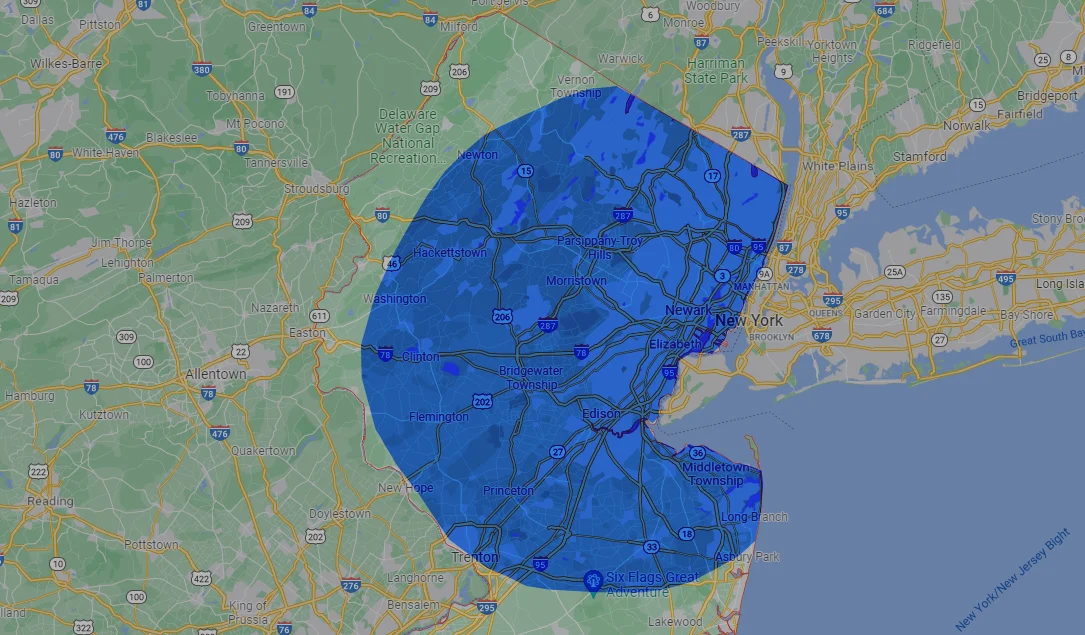FIVE WAYS TO PREP FOR WINTER WATER DAMAGE
Every year, it seems like the seasons and holidays sneak up on us faster. September is a flurry of Back-To-School sales and preparations for a new school year and before you know it, fall arrives with the hustle and bustle of holiday planning and, of course, colder weather. During every season, water disasters are a common hassle for all homeowners, but when the colder temperatures hit, water disasters are more common due to the freezing and expanding of water inside your pipes, causing pipe bursts and annoying water damage. However, you can decrease your risk of experiencing a water disaster by applying just a few handy prevention tips. We at NJ Water And Mold would like to introduce 5 things you can do in the summer, to prevent water damage in the winter:
- Add insulation to crawl spaces, attics, and basements. This may save you money by preventing leaks and pipe-bursts later, but can also save you money now, by reducing the amount of air loss from your home – air that you’re paying to have heated or cooled to a certain temperature. Another related effort you can make is to make sure your windows and doors are sealed properly. When in doubt, a draft of any kind in your home indicates that you could save money and be better protected somewhere.
- Heat Tape can be installed on your pipes and insulate them against cold weather when it comes. Consult with a professional for help with getting this set up in your home.
- Always disconnect your water when you go out of town. This is valuable advice for preventing water damage emergencies in all seasons.
- If you need a water heater repair, don’t wait to get this done. Having a situation where the water in your pipes is constantly cold as you approach the winter season is a recipe for disaster.
- Check out your pipes now for signs of wear and replace them immediately. Pipes that are rusted, discolored, or bulging are weaker than other pipes. They may burst now, or, if left unfixed, will be weaker going into colder months, causing increased susceptibility to burst.
Taking these precautions can definitely decrease the risk of water damage emergencies springing up alongside your fun, seasonal activities. That being said, nothing can prevent water disasters from happening 100% of the time. Sometimes, even the homes with the best protection will fall victim to some type of water disaster. If a water emergency does happen, shut off your water immediately, call for help, shut off electricity to any affected areas, and salvage what you can. Above all, remember that your safety is the most important thing, so be sure to avoid contact with any and all water until you are cleared by a professional and watch out for ceilings and floors that are sagging. If you live in Bergen County and are looking for water damage restoration services, be sure to give NJ Water And Mold a call. Our emergency restoration experts are available 24 hours a day; 7 days a week.
AWARDS & AFFILIATIONS







